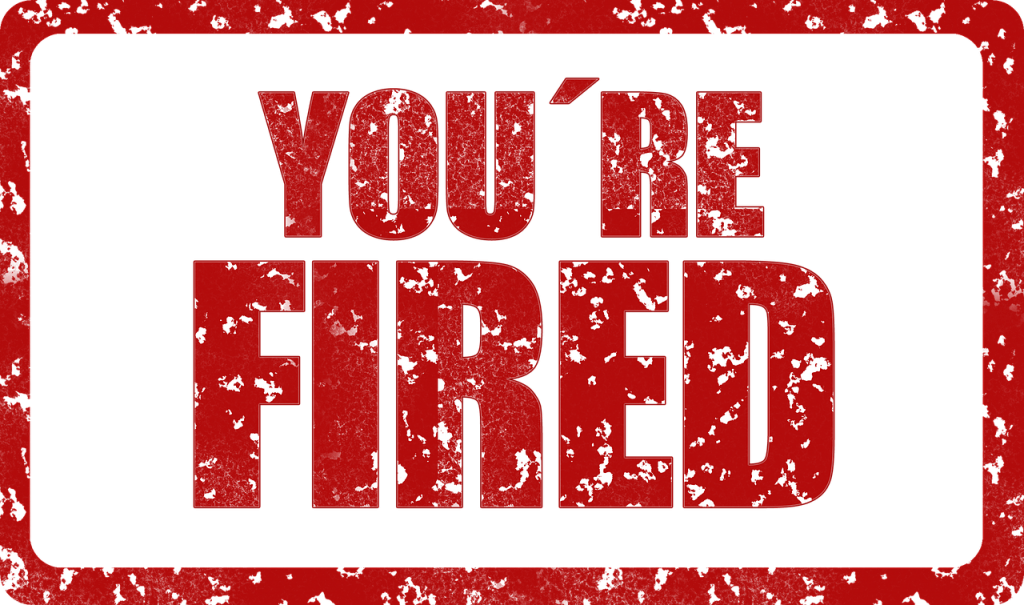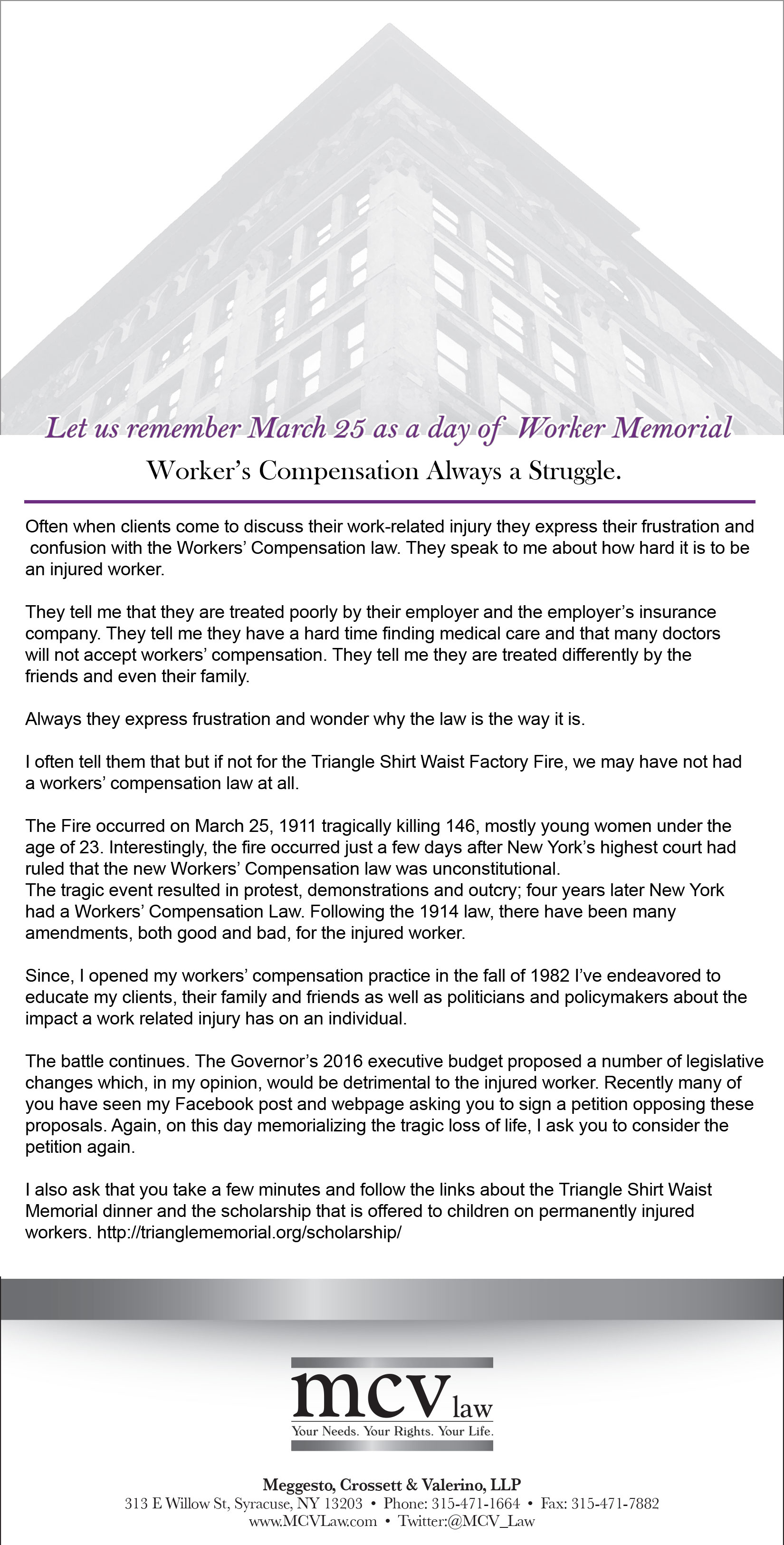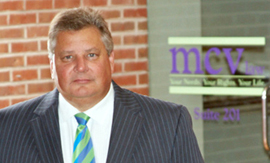
NY State Workers’ Compensation Law states that anyone who files a claim for Workers’ Compensation and “knowingly makes a false statement… as to a material fact…shall be disqualified from receiving any compensation directly attributed to such false statement.”
In short, this means that if you intentionally lie about your Workers’ Comp. claim, you may be denied benefits. The Workers’ Compensation Board can also decide to permanently disqualify someone from getting any Workers’ Comp. benefits in the future.
This part of NY Workers’ Compensation Law, Section 114-a, took effect in 1996 and continues to be a problem for working people with Workers’ Compensation claims. Some examples that are included as part of this law:
- When an injured worker doesn’t report doing something that’s legally considered work
- When an injured worker doesn’t include relevant information in their claim
- When an injured worker misrepresents their condition
NY Workers’ Compensation Law: A Case To Learn From
A recent Section 114-a case included a man who hurt his shoulder on January 2013. This worker continued to work light duty until May 2013, when he had surgery for his injuries. Following the surgery, the injured worker received temporary total disability benefits until he returned to work on October 2013.
The Injured Workers’ Employer Claimed Section 114-A of NY Workers’ Compensation Law
The injured worker’s employer claimed that the injured worker violated Section 114-a. This violation was based on the fact that the worker was caught on video using a riding lawnmower and weed trimmer from July and August 2013.
During a Workers’ Compensation hearing, the injured worker stated that he owned and operated his own lawn care and plowing business since 1994. During this hearing, the injured worker admitted that he did lawn care services twice a week while at the same time collecting lost wage benefits from Workers’ Compensation. The injured worker stated during the hearing that he told his surgeon that he worked part-time for his lawn business. The injured worker also said that the surgeon told him that he could do work for his lawn business as long as he limited his activities to things that didn’t require him to lift his injured arm above his shoulder. The injured worker said at the hearing that both he and his surgeon believed that the temporary total disability only applied to his regular work. The injured worker’s statements were supported by his doctor’s medical records.
The injured worker also stated at his hearing that while he collected temporary total disability benefits he asked his employer to return to work on light duty. The injured worker was told he could not return to work until his doctor cleared him.
The Independent Medical Exam
In July 2013, the injured worker received an independent medical exam, also known as an IME. The injured worker wrote on his intake form for the IME that he was not working or volunteering. At his hearing, the injured worker said that he misunderstood the intake form and thought that the form was asking if he was working at his primary job.
The Decision: The Injured Worker Violated NY Workers’ Compensation Law
The Workers’ Compensation Law Judge ruled that the injured worker did not violate Section 114-a. However, the decision was appealed. Then, the Board Panel reversed the original decision and ruled that the injured worker did violate Section 114-a. Because of this, the Board Panel ruled that the injured worker should be denied benefits. The Board Panel also ruled that the injured worker would be permanently disqualified from receiving future wage replacement benefits.
The injured worker then appealed the decision to the Appellate Division of the Third Department. The Appellate Division of the Third Department ruled that the injured worker did violate Section 114-a of NY Workers’ Compensation law. However, The Appellate Division ruled that a trial court should decide if the injured worker should be permanently disqualified from benefits. The Appellate Division reasoned that the penalty for breaking the law should not be disproportionate to the alleged wrongdoing.
NY Workers’ Compensation Law, Section 114-A & Volunteering
It’s pretty common for injured workers to be self-employed, have a side business or volunteer for local organizations like the American Legion or Fire Department. However, all of these activities could result in being accused of violating Section 114-A.
Violating Section 114-A of NY Workers’ Compensation law can have serious consequences. Injured workers could lose benefits and be banned from receiving future benefits. Because of this, it’s very important for injured workers to talk to their workers’ compensation lawyers, their doctors and IME doctors before doing any work, volunteering or otherwise. This work could violate Section 114-A, making it hard for injured workers to provide for themselves or their families.
Get Help from NY Workers’ Compensation Lawyers
MCV Law’s experienced workers’ compensation lawyers have helped protect the rights of injured workers for over 30 years. To get help from experienced, award winning workers’ compensation lawyers, contact us for a free initial consultation.







